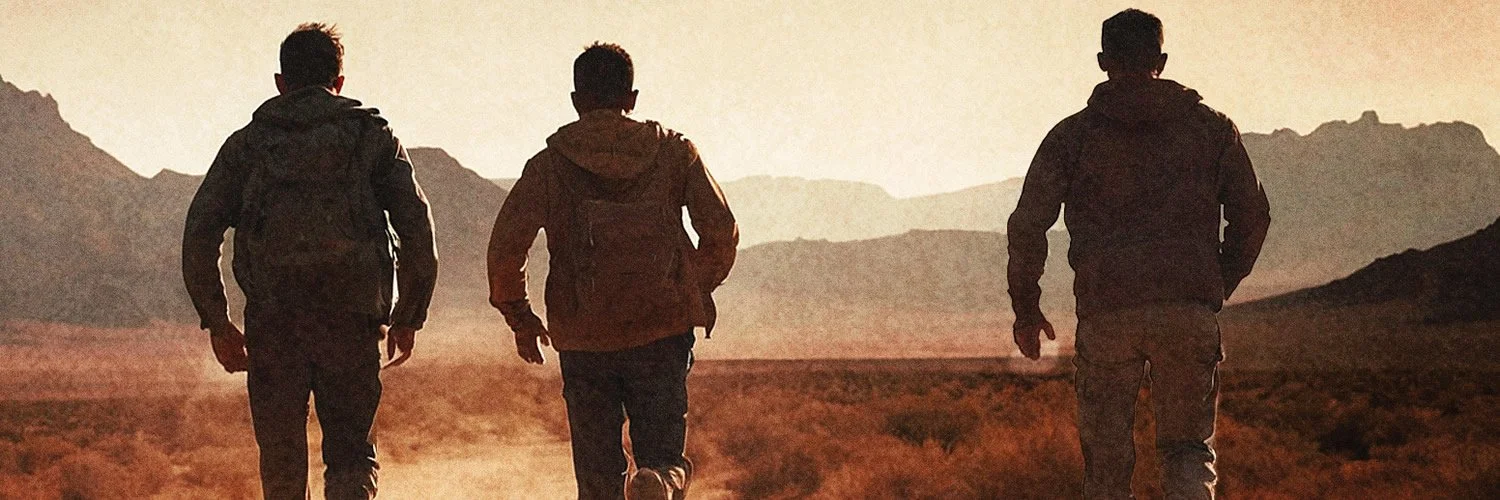I learned many of my outdoor skills on my grandfather’s ranch not far from Poulson Montana, including how to process harvested game. It used to amaze ten-year-old me when I would meet the families of his neighbors who absolutely hated wild game. The ranchers raised beef cattle, selling the steers to processors whose fortunes depended on turning the steers into prime eating. I loved venison and elk and couldn’t understand their distaste.
My kids grew up immersed in Alaska’s outdoor activities, including flying to remote fishing spots. At our cabin, one of the great joys was wandering down to the river and catching a salmon. The filets would be on the grill twenty minutes later, the ultra-fresh fish curling at the edges. Many who dislike fish would change their minds if they ever tasted fresh wild salmon. During the winter we savored the fish we put up each summer along with wild game, mostly moose.
Both of my kids decided to attend college in Montana. I encouraged them to go ‘out of state’ believing that growing up in Alaska meant growing up in a bubble. It was important to be part of what Alaskan’s call ‘The Lower 48.’ As a single dad, I wanted them to choose their own path.
My daughter chose Rocky Mountain College in Billings. The choice was easy for her. She was looking for a small liberal arts college where a reserved young woman wouldn’t get lost. Her brother attended University of Montana in Missoula because his three greatest loves were skiing, hunting and fly fishing. That was at least as good as my reason for choosing a school.
Every year I would make multiple trips to Montana, a place close to my heart and the birthplace of my mother. I attended functions at Rocky Mountain, especially plays where my daughter loved working both on stage and behind the curtain. Most of my trips to Missoula were to join my son for fall bird hunting trips. While both kids were in Montana, we would take a family trip to someplace like Yellowstone National Park.
Several of my son’s college friends were from ranches across Montana. We would be invited to bird hunt on their property, sometimes with their family. Dressed pheasants were a welcome thank-you gift to those families. In the first couple of years, I would bring packages of moose or caribou sausage as gifts, only to be met with disgust by the families, especially the wives of the household, even those whose husbands hunted big game.
The third year my son and I hunted in Montana, the trip was late in the fall, when big game hunting seasons overlapped with pheasant season. We’d stay in tiny motels in towns built around agriculture, always picking one where my son’s Golden Labrador Retriever was welcome. I remember pulling into a small town and heading down the street looking for dinner.
We stopped outside a rowdy bar that advertised pub food to study a line of pickup trucks with huge elk in the back. Inside we met a dozen hunters who welcomed us. Every one of them wanted us to wander out to praise the animals they’d harvested.
After dinner my son commented, “I see why so many people hate wild game. If you don’t get the hide off from a big animal immediately the fat under the skin turns rancid.”
Thirty years later, while sitting at our cabin’s fire pit, out of nowhere my son looked up and thanked me for teaching him the difference between hunting to put food on the table and trophy hunting. It took seconds to connect the dots with our Montana experiences. I didn’t immediately respond, rather I thought back to one of my grandfather’s favorite quotations by Henry Ford, “A man given to pride is usually proud of the wrong thing.” I thought of families challenged by prideful hunters to eat tainted meals, and a second quotation popped into my mind, this one from the composer David Lawrence, “Pride is a form of selfishness.”











